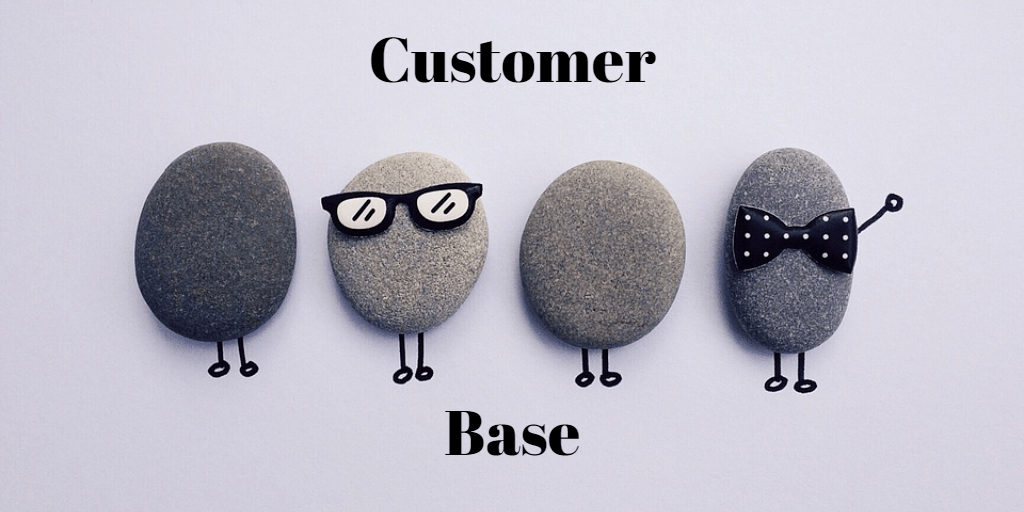Ideal Characteristics of a High-Value Company
~ August 2019 ~
Welcome to the Merager Financial Solutions LLC newsletter. We're so happy you are here! Each newsletter provides a wealth of knowledge and inspires business growth.
Admin
Senior management should be leading the effort to have the following items in place well before an investment pitch (hint: a company should be run as if an investment, or exit, is right around the corner):
1. Professionally Prepared Financials and Tax Returns: Consistent with GAAP standards.
2. Clean and Accurate Financial Records: No questions are raised upon closer inspection.
3. Healthy Balance Sheet: No ticking time bombs.
4. Intellectual Property Protected: Make sure the IP can’t walk out the door.
TAKEAWAY: Any reasonably sophisticated investor or bank will require at least three years of solid financials and expect them to match the investment pitch. Also, engage capable attorneys to ensure that all-important intellectual property is protected so it can be added to the balance sheet as a long-term asset.Operations
A competent COO will naturally have the following in place, but during an investment round, making sure that these assets are secure is critical:
1. Capable Staff in Place: For large companies, this is the C-level management.
2. Current Technology in Place: The technology should be both current and scalable.
3. Assets: Clean titles on assets that are also in good working condition.
TAKEAWAY: Build a business that values long-serving staff, where investing in the best forward-looking technology is the norm, and that title to company assets (capital assets, machinery, vehicles, etc.) are fully documented and insured.
Customers
Document either that customers are loyal over time or that transient customers are rapidly replaced by new transient customers.
1. Diverse Customer Base: This provides some assurance that the loss of a specific demographic won’t adversely affect the business.
2. Increasing Sales and Profits: The presumption is that the product or service has an increasing value, which is often due to more customers becoming aware of the offering.
3. Business Relationships Transferable and Documented: A company whose main source of value is their customer base must make assurances that the customers will remain with the newly-sold company.
TAKEAWAY: A company only has value if someone wants to buy its product or service, so demonstrating that the customer base is secure, even with a change external to the company, is critical to document long-term value.
Seller
For growing businesses, the founder is very often central to the operation and the most valuable asset of the company. For a company to achieve its greatest value, it should minimize any question about whether the company will continue at the same pace without their presence, or that the founder will stay on in a limited role for a set amount of time.
1. Seller Realistic About Sales Terms and Timeframe: A “hopeful” seller will often sabotage the sale.
2. Seller Able To Maintain or Improve Business Value During Sales Process: The buyer wants assurances that any sales and revenue trends are fully transferrable.
3. Seller Motivated To Sell: If the seller isn’t all-in to make the sale, then they should consider waiting until they are more committed.
4. Business Not Reliant On Seller: If a company’s owner is also one of its greatest assets, selling the company becomes almost impossible if a successful sale mean the owner will be walking out the door.
TAKEAWAY: A buyer of a business is buying a revenue stream, and the more assurances they have that the revenue will remain as expected will drive up the sales price.
If you need assistance with anything we’ve discussed here, let’s talk so you can reach your financial goals, growth, and revenue. Spend your time doing what you do best and make more money by having us solve your most pressing financial issues.





